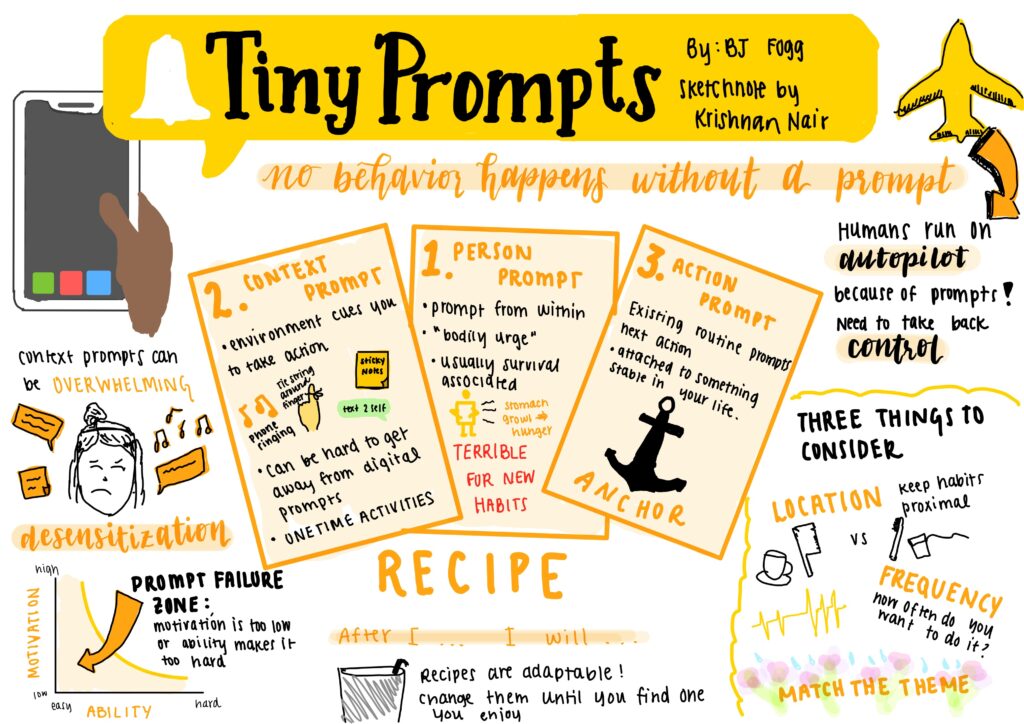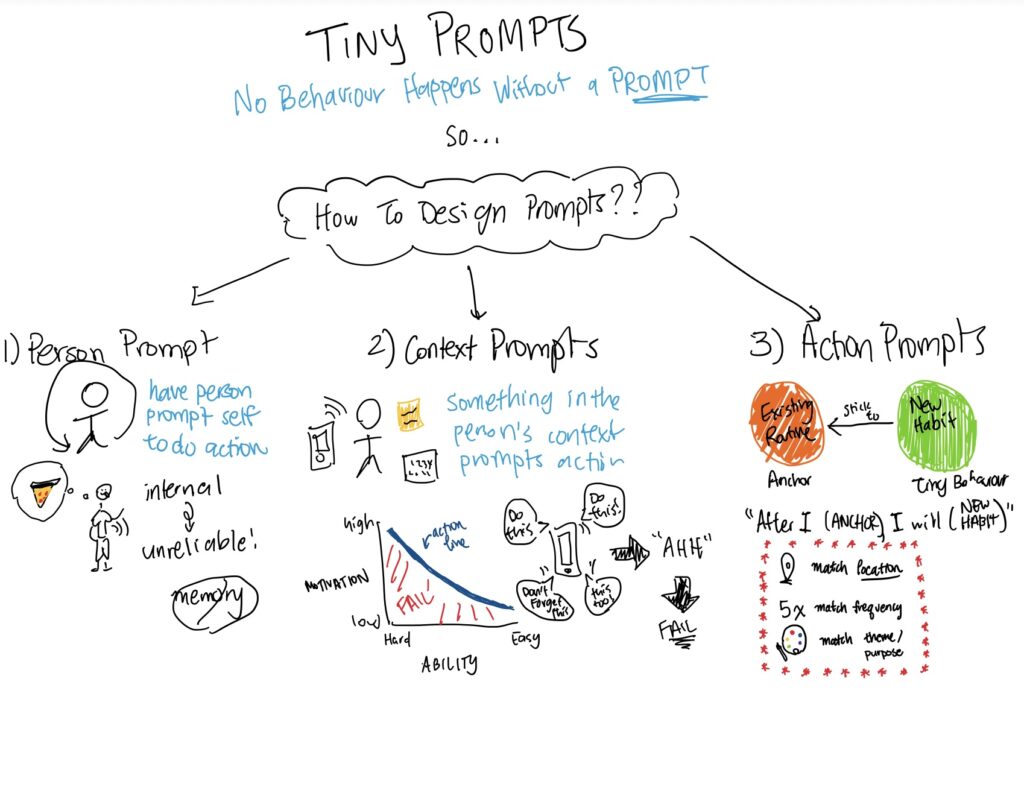Instagram: Instagram’s onboarding prioritizes one thing super obviously: finding people you know and what you like. Within 30 seconds, it asks for contact access and Facebook connections because an empty social feed is worthless. The business calculation is clear: losing 20-30% of users at the contact permission screen is worth it if the remaining 70% immediately see familiar faces and engage, giving you an advertising base for years.
Notion: Notion takes the opposite approach—it drops you straight into a template gallery and lets you start creating within seconds. No mandatory profile, no forced tutorial, no team invitations required. You can explore databases, wikis, and kanban boards immediately. Notion bets that hands-on experimentation creates more “aha moments” than explaining features. The risk is that some users might feel overwhelmed, but the payoff is that those who discover one compelling use case (meeting notes, project tracker) often become power users who evangelize the product and will be recurring customers.
Venmo: Venmo’s onboarding is the most aggressive because regulatory requirements demand it. It immediately asks for bank verification, identity confirmation, and social security numbers which probably create massive drop-off, but Venmo has no choice; operating without KYC compliance means legal shutdown. They minimize friction everywhere else and create a compelling “pay friends instantly” pitch that makes the set up worth it. It also helps that since this is industry standard, there isn’t a competitor with a smoother process.
Each app optimizes for its core loop: Instagram needs your graph, Notion needs your curiosity, Venmo needs regulatory compliance. They each do what they gotta do.



